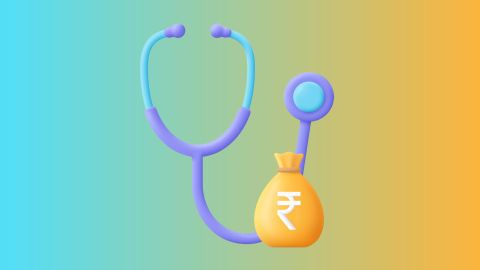A hospital information system (HIS) is an integrated software system responsible for managing all aspects of hospital operations, particularly patient information, and healthcare delivery. This system is designed to streamline hospital operations, improve patient care, and enhance the overall efficiency of healthcare delivery.
Why you need a hospital information system?
An HIS is a critical component of modern healthcare institutions, particularly in countries like India, where the healthcare sector is rapidly growing. With the increasing demand for quality healthcare services, hospitals need to operate in a way that is efficient, effective, and scalable. An HIS enables hospitals to manage their resources, automate processes, and improve service quality.
Importance of hospital information system
The healthcare sector is becoming increasingly complex, particularly in countries like India, where the demand for quality healthcare services is rapidly growing. Addressing these challenges requires modern, efficient, and scalable hospital operations. Implementing an HIS system is critical for achieving these objectives.
The primary benefits of an HIS system include improved workflow, enhanced patient safety, better resource management, and optimisation of hospital operations. HIS systems enable hospitals to deliver better quality care, improve patient outcomes, and increase patient satisfaction. They also help hospitals meet regulatory requirements and deliver services more efficiently.
Different components of a hospital information system
An HIS comprises various components, including electronic medical records (EMRs), laboratory information systems (LIS), radiology information systems (RIS), pharmacy information systems, and more. Each component plays a crucial role in simplifying workflows, improving diagnosis and treatment, and optimising resources.
Electronic Medical Records (EMRs)
EMRs are an essential component of any HIS system. This component manages patient healthcare records, including medical histories, diagnoses, and treatments. EMRs streamline record-keeping, reducing the potential for errors and making it easier for physicians to access patient information. The primary benefit of an EMR is that it enhances patient safety by ensuring accurate and complete medical records. It also enables physicians to make informed decisions and offer tailored treatments that suit each patient's unique needs.
Laboratory Information Systems (LIS)
LIS is responsible for managing laboratory operations, including test ordering, specimen tracking, and reporting test results. LIS enables the real-time monitoring of samples and test orders, speeding up the diagnosis process and reducing the potential for errors. With LIS, physicians can access test results quickly and easily, which is critical for initiating timely interventions for patients' health issues.
Radiology Information Systems (RIS)
RIS is a specialised HIS component that manages radiology operations in a hospital. This includes image storage, retrieval, and management. RIS enables physicians to view imaging results instantly, providing accurate and timely diagnoses, which is critical for many conditions.
Pharmacy Information System (PIS)
PIS is responsible for managing pharmacy operations in a hospital. This component manages pharmaceutical orders, inventory, and dispensing. PIS enables physicians to write prescriptions electronically and provides them with real-time information about medications available in stock, their prices, and availability. PIS also enables the tracking of drug usage and patient adherence, ensuring patient safety and enhancing the quality of care.
Other HIS components
There are other HIS components that cater to specific hospital operations, including financial management systems, patient scheduling systems, and billing systems. These components ensure that hospitals operate efficiently and effectively, reduce the potential for errors, and enhance the quality of care.
Hospitals all over India should consider adopting HIS systems for smooth and scalable operations to deliver high-quality patient care. You can easily get a funding from Bajaj Finance by clicking here to get loans up to Rs. 80 lakh with a repayment period of up to 8 years, ensuring quick disbursal and requiring minimal documentation.




